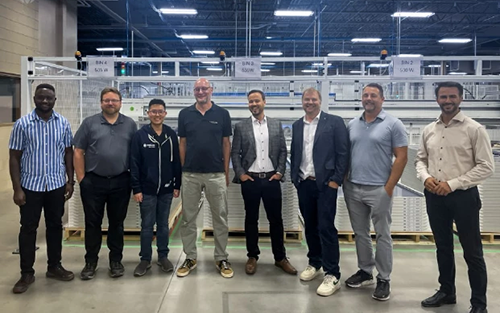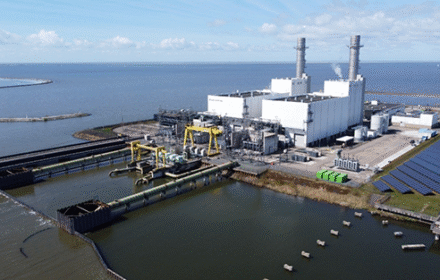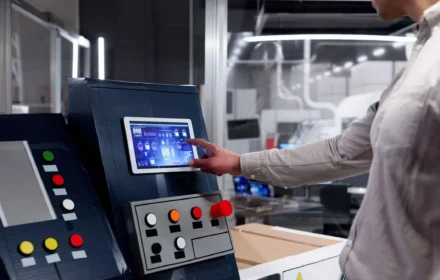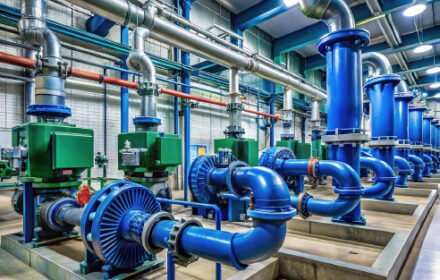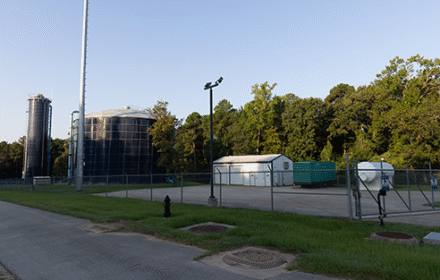
Heliene Boosts Solar Module Manufacturing With camLine’s MES Solar Edition
Solar Manufacturing Transformation Through Advanced MES Implementation
Strategic MES Deployment in Solar Manufacturing
Heliene Inc. has implemented camLine’s manufacturing execution system. The InFrame Synapse MES Solar Edition transforms their production operations. This implementation covers two advanced manufacturing facilities in Minnesota. The locations include Mountain Iron and Rogers manufacturing plants.
Heliene selected camLine for their solar industry expertise. The partnership addresses growing supply chain transparency demands. It also enhances quality assurance capabilities. Consequently, Heliene strengthens its smart manufacturing leadership position.
Critical Manufacturing Execution System Components
The camLine MES solution delivers several vital capabilities. It provides complete traceability throughout manufacturing processes. The system tracks materials from raw components to finished products. Real-time production monitoring enables continuous improvement.
Key system features include:
- Component-level traceability for every solar module
- Real-time data collection and analytics capabilities
- Customized operator interfaces for optimal workflow
- Scalable architecture supporting future expansion
Immediate Operational Benefits and Quality Improvements
The MES implementation already delivers significant advantages. Rick Biemann, Heliene’s VP of Growth, confirmed operational benefits. The system transforms component tracking capabilities. This enhancement revolutionizes quality control processes.
Aston Momanyi, automation control engineer, expressed enthusiasm. The tracking capability represents a game-changing improvement. It significantly impacts both quality control and customer satisfaction. The system supports Heliene’s ongoing growth strategy.
Industry Context and Solar Manufacturing Trends
Solar manufacturing faces increasing automation requirements. According to MarketsandMarkets, the solar panel market will reach $243.7 billion by 2028. This growth drives demand for advanced manufacturing systems. MES solutions become essential for competitive operations.
The Inflation Reduction Act boosts domestic solar manufacturing. Heliene’s 1.3GW annual capacity positions them strategically. Their 600 employees support residential and utility projects. MES implementation enhances their domestic content advantages.
Technical Integration and System Architecture
The camLine MES integrates with existing automation systems. It connects with PLC and DCS control platforms seamlessly. Real-time data exchange supports operational intelligence. The system also plans ERP integration for comprehensive management.
World of PLC analysis indicates proper MES implementation requires:
- Compatible industrial communication protocols
- Robust database architecture for traceability data
- Secure network infrastructure for data protection
- Scalable server capacity for future expansion
Long-Term Strategic Partnership Benefits
Mirčo Krsteski, camLine senior account manager, expressed commitment. The partnership supports Heliene’s quality delivery mission. The MES solution combines with solar industry expertise. This combination helps achieve operational excellence goals.
The initial implementation begins a long-term collaboration. Future projects may include advanced analytics capabilities. Artificial intelligence and recipe management represent potential expansions. The entire solar value chain offers additional opportunities.
Manufacturing Execution Systems in Industrial Automation
MES solutions bridge control systems and business planning. They connect factory floor operations with enterprise management. According to IEEE research, proper MES implementation increases productivity by 15-20%. Quality improvements typically reach 10-15%.
World of PLC monitoring reveals key MES trends:
- Increasing integration with IIoT platforms
- Growing demand for real-time analytics
- Expansion of predictive maintenance capabilities
- Enhanced mobile operator interfaces
Solar Industry Automation and Control Requirements
Solar manufacturing requires specialized automation approaches. Process control must maintain consistent quality standards. Material handling automation ensures efficient production flow. Quality testing automation verifies performance specifications.
Successful solar manufacturing automation typically includes:
- Precision temperature and pressure control systems
- Automated material transport and positioning
- Machine vision for defect detection
- Integrated safety systems for high-temperature processes
Implementation Best Practices and Recommendations
Successful MES implementation requires careful planning. Companies should begin with comprehensive process mapping. System configuration must match specific manufacturing requirements. Staff training ensures proper system utilization.
World of PLC recommends these implementation steps:
- Conduct detailed requirements analysis
- Develop phased implementation roadmap
- Establish clear integration protocols
- Provide comprehensive operator training
- Implement continuous improvement processes
Future Outlook for Solar Manufacturing Automation
The solar industry continues rapid automation adoption. Advanced control systems become increasingly important. Integration between MES and control systems creates efficiency advantages. Companies investing in automation gain competitive edges.
For detailed information about industrial automation solutions, visit World of PLC’s comprehensive resource platform. Our technical resources cover PLC, DCS, and manufacturing execution systems.
Key Performance Indicators for MES Success
Manufacturers should monitor specific metrics after MES implementation:
- Overall equipment effectiveness (OEE) improvements
- Reduction in manufacturing cycle times
- Decrease in product defect rates
- Improvement in on-time delivery performance
Frequently Asked Questions
How does MES differ from ERP in manufacturing?
MES focuses on real-time production floor operations and control, while ERP handles business-level planning and resource management. MES connects directly with PLC and DCS systems for immediate process control.
What integration challenges do manufacturers face with MES?
Common challenges include legacy system compatibility, data standardization across platforms, network security requirements, and staff training for new workflows and interfaces.
How does MES support solar manufacturing quality control?
MES provides complete material traceability, real-time process monitoring, automated data collection for analytics, and immediate alerting for quality deviations throughout solar panel production.

